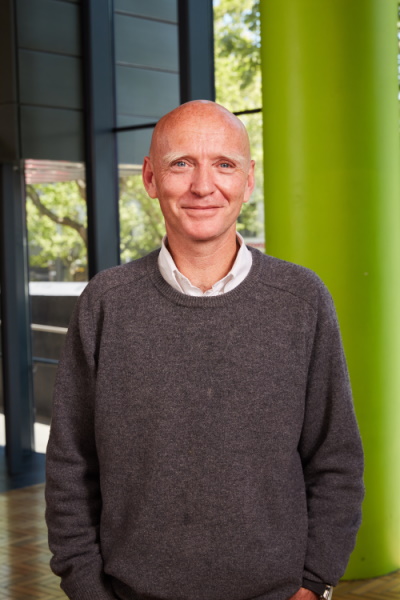Part 2. An interview with Professor Guy Johnson, Director of the Unison Housing Research Lab

Professor Guy Johnson is Australia’s first professor of homelessness and the Unison Housing Research Lab’s Director.
In Part 2 of our chat with Guy, he talks about the factors that contribute to homelessness, what has changed for people experiencing homelessness over the years, and what has stayed the same.
You have researched and written a lot about housing and homelessness over 20 years. What has changed, if anything for people who are homeless/ or at risk of homelessness over the years?
Public interest has changed; people are more aware of homelessness, yet at the same time, there are still negative perceptions of homelessness.
Diversity and complexity are, and have always been, part of the homeless population.
Homelessness is more widespread than in the 80’s. Prior to COVID-19 and the temporary hotel emergency response program, we were seeing more visible rough sleeping and a noticeable increase in Melbourne’s CBD.
There is also a lot more hidden homelessness in our country such as couch surfing. COVID has demonstrated this, as homelessness services are seeing a marked increase in the volume of people, including people who were sleeping at friend’s houses, needing assistance this year.
What has stayed the same?
Policy and the underlying logic of service delivery has stayed much the same. The effort and investment continue to be in the support, rather than in providing more affordable housing.
Lack of appropriate long term housing continues to be a huge issue. It is very hard to move people out of homelessness and into a sustainable home without the housing stock.
What are the major factors that are contributing to homelessness? Is it just housing affordability and supply?
Not enough affordable housing is the number one contributing factor.
A dismantled personal safety net also contributes. This safety net can include welfare payments, education, health, family support and long term supports (rather than short and sharp supports).
Substance abuse and mental health issues are often the results of homelessness, not the cause, as is often presumed. Of course, these health issues can have devastating affects when homeless.
People don’t choose to be homeless. Life “shocks” are often what tip people over the edge. For e.g. a financial, family and/or a health shock.
COVID is the biggest shock we have experienced in our lives. There are now a huge number of people who are acutely at risk of becoming homeless or have become homeless as a result.
People who are disadvantaged, on very low incomes are vulnerable to homelessness, and COVID has so clearly highlighted the precariousness of work for many households. Losing their job can tip people into being either at risk of homelessness or losing their home.
More information about Guy’s work



